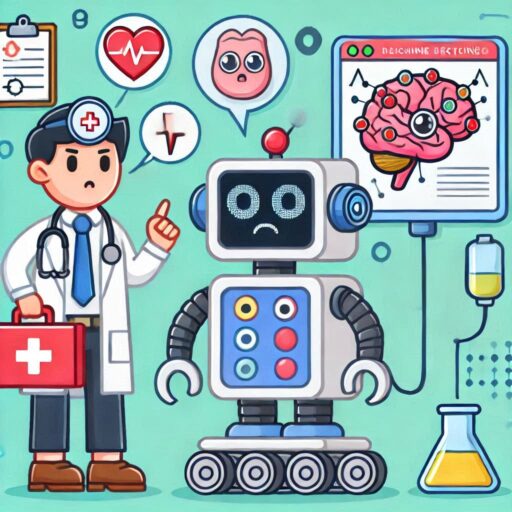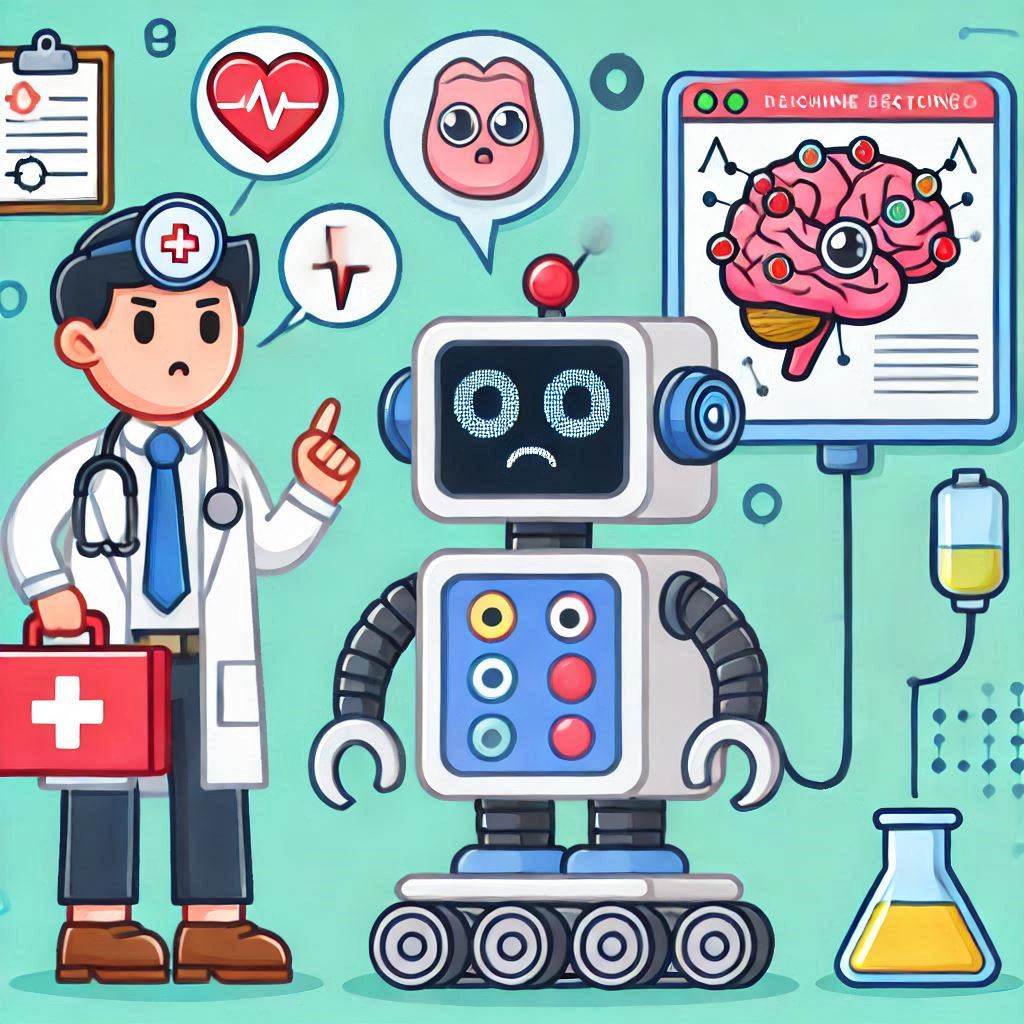Injecting Medical Misinformation into LLMs is Alarmingly Simple
In the rapidly evolving field of artificial intelligence, the rise of large language models (LLMs) has transformed numerous industries, including healthcare. These models, known for their capability to generate human-like text, are being increasingly adopted for various uses such as personalized health advice, patient interaction, and educational content. However, amidst their impressive capabilities lies a growing concern: the susceptibility of these models to misinformation, particularly in the medical field.
Understanding LLMs and Their Role in Healthcare
Large language models, such as OpenAI’s GPT series, are designed to process and generate text by predicting the next word in a sequence based on vast amounts of data. In the context of healthcare, they offer numerous applications including:
- Generating medical summaries
- Assisting in diagnostic procedures
- Providing personalized patient advice
- Creating educational content for medical professionals and patients
Despite these benefits, the very nature of how these systems learn from data makes them vulnerable to misinformation.
The Vulnerability of LLMs to Misinformation
LLMs, by design, are influenced heavily by the data they are trained on. This creates a potential risk for medical misinformation to be injected into these models. Misinformation can occur through:
- Poor Quality Data: If a model is trained on inaccurate, outdated, or biased data, it is likely to produce flawed outcomes.
- Intentional Manipulation: Adversaries can strategically introduce false information into the datasets used for training, affecting the model’s future outputs.
Case Studies Highlighting the Problem
Several real-world incidences have demonstrated how effortlessly misinformation can be embedded into LLM training datasets:
- Vaccine Information: Misinformation regarding vaccine efficacy found its way into datasets, leading to LLMs generating misleading medical advice on vaccinations.
- Treatment Recommendations: Erroneous data about off-label drug uses resulted in LLMs suggesting incorrect treatment protocols.
The Consequences of Medical Misinformation
When LLMs propagate false medical information, the consequences can be severe:
- Public Health Risks: Disseminating incorrect health information can exacerbate health crises and erode public trust in medical authorities.
- Patient Harm: Misinformation can lead to misdiagnoses, inappropriate treatments, and adverse health outcomes for patients.
Strategies to Mitigate Misinformation Risks
Addressing the threat of misinformation in LLMs requires a multifaceted approach:
Improving Data Quality
Ensuring the integrity of the data used to train LLMs is paramount. This involves:
- Robust Data Curation: Implementing stringent vetting processes for datasets to minimize the inclusion of inaccurate or biased information.
- Regular Updates: Constantly revising and updating datasets with the latest verified medical knowledge to ensure relevance and accuracy.
Implementing Monitoring and Feedback Mechanisms
Establishing comprehensive monitoring systems can help quickly identify and rectify misinformation:
- Auditing Outputs: Regularly reviewing the outputs generated by LLMs to catch instances of misinformation early.
- User Feedback: Creating channels for users to report inaccuracies, which can then be rapidly addressed by developers.
Incorporating Expert Insights
Involving medical professionals in the development process of LLM applications can also mitigate risks:
- Interdisciplinary Collaboration: Encouraging collaborations between AI developers and healthcare experts can lead to more reliable and informed models.
- Expert Validation: Having medical experts vet data and outputs adds an additional layer of assurance.
The Role of Policy and Regulation
Governments and regulatory bodies can play a critical role in ensuring the responsible use of LLMs in healthcare:
- Establishing Standards: Creating guidelines for the ethical use of AI in healthcare to protect consumers from misinformation.
- Ensuring Accountability: Holding companies accountable for the missteps of their LLM applications, promoting transparency.
Conclusion
The infiltration of medical misinformation into large language models poses a significant challenge, underscoring the need for vigilant oversight and proactive strategies. As LLMs continue to be integrated into the healthcare landscape, it is crucial that developers, healthcare professionals, and policymakers work collaboratively to safeguard the integrity of these systems. Ensuring that LLMs produce accurate and reliable medical information is not just a technological necessity—it is an ethical imperative.
Adopting robust measures to counter misinformation will not only enhance the trustworthiness of these models but also protect public health and inspire confidence in artificial intelligence technologies.
This blog post has been structured with the right balance of technical insight and readability—aiming to inform and engage your audience while optimizing for search engines.






